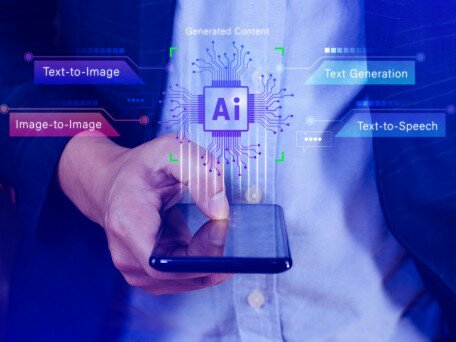Foster or hinder learning? The role of Generative Artificial Intelligence in the self-assessment process
- Project Scheme:
- General Research Fund
- Project Year:
- 2024/25
- Project Leader:
- Prof Yan, Zi
- (Department of Curriculum and Instruction)
Self-assessment can improve both academic performance (e.g., Brown & Harris, 2013; *Yan et al., 2022, 2023) and self-regulated learning (e.g., Panadero et al., 2017; *Yan et al., under review). However, as students' self-assessments often lack timely feedback (e.g., from a teacher), they can be inaccurate and fail to provide references for critical judgement, which reduces their potential to enhance long-term learning capacities (*Yan & Carless, 2022). As many teachers lack the time to provide such feedback, Generative Artificial Intelligence (GenAI) tools could possibly give such immediate feedback, enabling students to self-assess anytime, anywhere. This gives GenAI the potential to redefine feedback sources and reshape the way students interact with feedback in self-assessment. However, if GenAI gives incorrect, unclear, or confusing information, or if students use it inappropriately (e.g., to avoid making their own judgements), it can hinder their learning.
This project explores GenAI's role in the self-assessment process in higher education. By examining the interactions between students and GenAI during the self-assessment process, we will address four specific research objectives (ROs): RO1. Develop a framework for evaluating the quality of GenAI-assisted selfassessments; RO2. Identify ways in which students use GenAI for self-assessment; RO3. Investigate the relationship between students' use of GenAI for self-assessment and the quality of their self-assessments; and RO4. Examine the impact of prompt training on the quality of GenAI-assisted selfassessment.
Our sequential mixed-method project comprises two studies: a Delphi study and a quasi-experiment. The Delphi study involving 16 experts will develop an evaluation framework for GenAI-assisted self-assessments (RO1). The quasi-experimental study with 90 undergraduates will identify ways in which students self-assess with GenAI (RO2), analyse the correlation between GenAI usage and self-assessment quality (RO3), and examine the impact of prompt training (i.e., how to ask prompts to get useful feedback from GenAI) on the quality of GenAI-assisted self-assessment (RO4).
This project will enhance students’ and teachers’ understanding of GenAI's role in self-assessment, and offer valuable insights for research and practice to maximise the potential benefits of GenAI. The findings will also inform policy design in higher education, and help optimise GenAI use to enhance sustainable teaching and learning.









